Italy’s hotel sector is undergoing a fundamental realignment, with investment activity projected to rise sharply as international capital targets the country’s under-modernised hospitality infrastructure. Analysts anticipate annual transaction volumes could reach €2.5 billion by 2025, a significant increase from the €1.5 billion recorded in recent years, driven by demand for upgraded accommodations in both primary cities and emerging destinations.
Investment Drivers: Bridging the Quality Gap
Italy’s hotel stock remains disproportionately skewed toward outdated three-star properties, which constitute approximately 60% of the national inventory. This structural gap has become increasingly apparent as tourism rebounds, with foreign arrivals recovering to 94% of pre-pandemic levels in 2023. Major cities like Rome and Milan—where occupancy rates now exceed 75%—are witnessing accelerated repositioning efforts, particularly in conversions of historic buildings into internationally branded four- and five-star hotels.
The budget segment is similarly attracting attention, fueled by demand for standardized, cost-effective lodging. Goldman Sachs’ planned divestment of B&B Hotels—acquired in 2019 for €1.9 billion and now marketed at €3.5 billion—exemplifies institutional confidence in the sector’s resilience. Private equity firms are reportedly evaluating the portfolio, reflecting broader appetite for assets that cater to cost-conscious travelers.
Luxury and Secondary Markets: Diversifying Geographies
While Rome, Venice, and Milan continue to dominate luxury investment, developers are increasingly targeting Italy’s secondary regions. Lake Garda saw hotel transaction volumes triple to €290 million in 2023, driven by interest in lakeside resorts capable of supporting year-round tourism. Alpine destinations, including Cortina d’Ampezzo (host of the 2026 Winter Olympics), are attracting capital focused on upgrading ski infrastructure and adding wellness amenities.
In the luxury segment, strategic acquisitions of iconic properties—such as Venice’s Hotel Danieli and historic palazzos in Florence—signal efforts to capture high-spending cultural tourists. Milan-based developer Coima is reportedly exploring consolidation opportunities to create a homegrown luxury operator, mirroring successful models in France and Spain.
Market Challenges: Fragmentation Meets Regulatory Shifts
Progress remains tempered by Italy’s deeply fragmented ownership landscape, with an estimated 78% of hotels controlled by family-owned entities. Many lack the capital or expertise to meet evolving consumer expectations or regulatory requirements. The EU’s tightening ESG framework, which mandates a 30% reduction in building energy consumption by 2030, is expected to exacerbate pressure on smaller operators. Industry observers suggest compliance costs averaging €15,000–€20,000 per room could catalyze consolidation, particularly among properties requiring comprehensive renovations.
Future Growth Levers
Extended-stay accommodations—a segment that gained traction in France and Germany during the remote work boom—are emerging as a potential growth area. While Italy’s current inventory remains limited, business corridors in Milan and coastal regions popular with seasonal workers may offer viable entry points for operators.
A Sector in Transition
Italy’s hospitality market is shedding its reputation for operational inefficiency as institutional capital flows into asset upgrades and geographic diversification. With tourism contributing 13% to national GDP—the second-highest proportion in Europe—the sector’s transformation aligns with broader economic priorities. While challenges persist, particularly around ownership fragmentation, the convergence of modernisation imperatives and investor appetite suggests a sustained investment cycle. As secondary markets mature and regulatory pressures intensify, Italy appears positioned to solidify its status as a pan-European hospitality hub.



